Sue Gray party report: What do all the words mean?
- Published
- comments
WATCH: Report into Downing Street lockdown parties blames 'leadership failings'
A long-awaited for report into the parties that happened in No. 10 Downing Street and other government spaces during the pandemic has been released.
The report, written by senior civil servant Sue Gray, was very critical of the parties that were held throughout the pandemic, calling the behaviour at the gatherings "difficult to justify".
And on Monday afternoon, it was also confirmed that the Metropolitan Police are investigating 12 events on eight separate days.
You might have come across lots of unfamiliar words and terms surrounding the release of the report. So, we're here to help with some much needed explanations.
Civil Servant
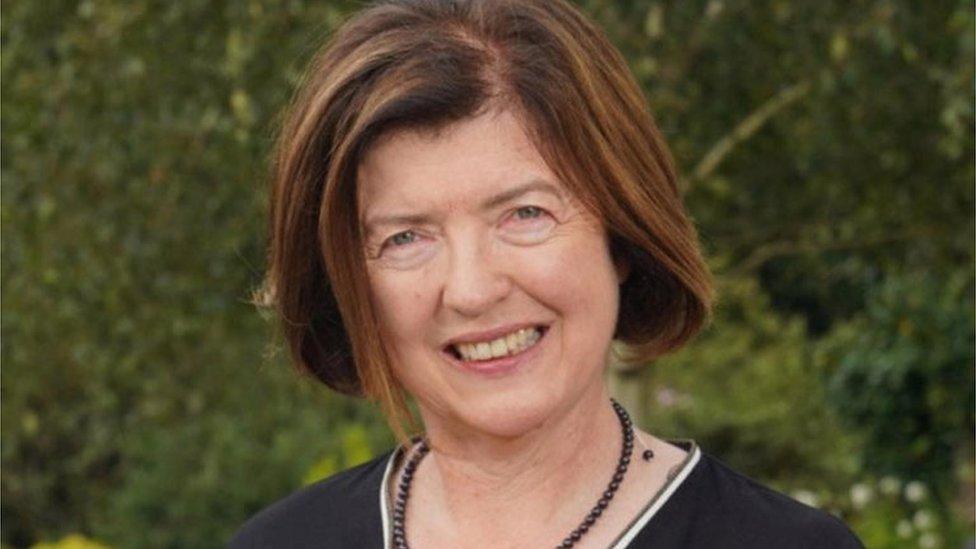
Sue Gray (pictured) is civil servant leading the investigation
Ms Gray is currently second permanent secretary at the Cabinet Office and is a senior civil servant.
A civil servant is someone who helps the government carry out its work but they are not elected politicians.
Instead, they are hired on their professional abilities and are experts in their area of work.
Redacted
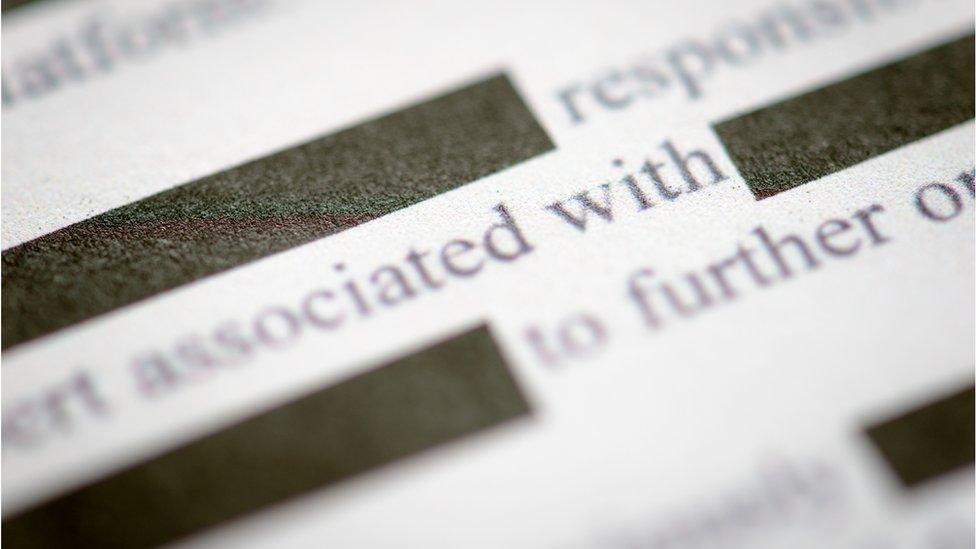
This is where a document is edited in order to remove sensitive information.
There are lots of reasons why a document may be redacted, including to protect an individual's identity or to avoid impacting on a police investigation.
The Metropolitan Police in London has launched its own investigation into the alleged rule breaking parties at Downing Street.
They have asked Sue Gray to make "minimal reference" in her report to the Downing Street parties they are investigating.
Therefore, large parts of the report have had to be 'redacted'.
Criminal investigation
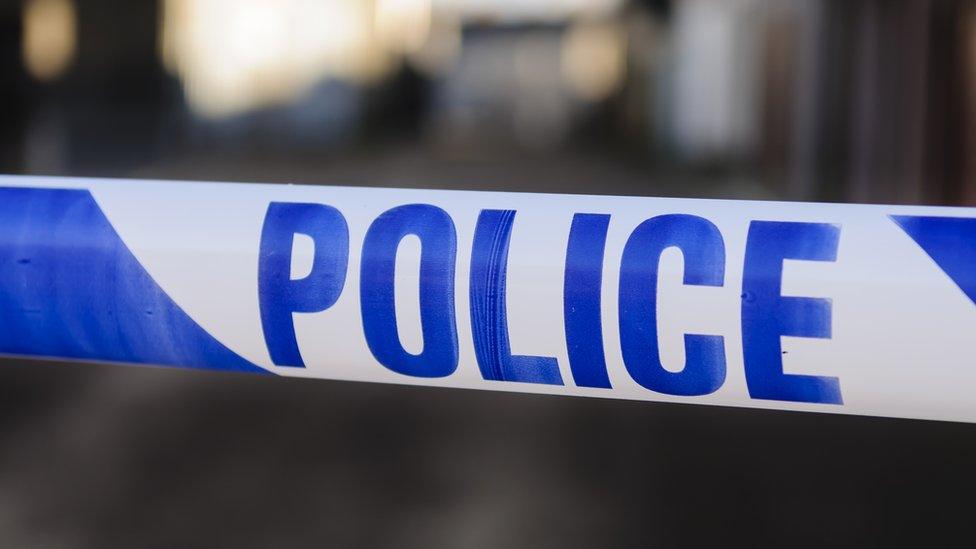
Criminal investigations happen when it is suspected that a crime has taken place and someone has broken the law.
The police examine the evidence and charge anyone who they think has committed a crime.
The Metropolitan Police are currently investigating whether the alleged rule breaking parties at Downing Street were criminal.
Leader of the Opposition
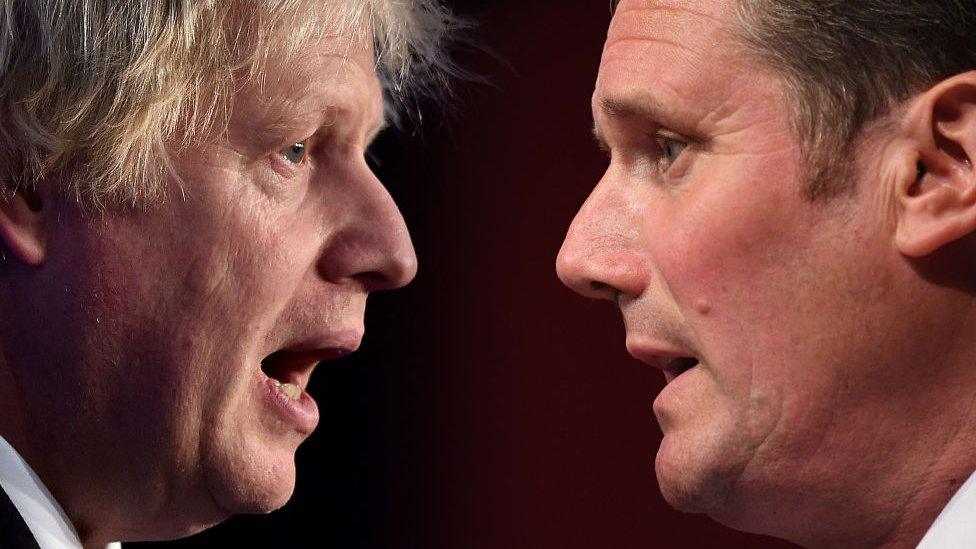
The Opposition is the largest political party that is not in government.
They sit opposite the government in the House of Commons. The leader of the opposition party with the most seats (only the party in power has more seats) is called the "Leader of the Opposition".
The current Leader of the Opposition is Labour Party leader, Sir Keir Starmer.
He has repeatedly accused the Prime Minister, Boris Johnson, of lying about the events that took place in 10 Downing Street during lockdown and called on him to resign.
Resign
The prime minister said the failure to deliver Brexit was a matter of "deep regret"
Lots of MPs from different parties have been calling on Boris Johnson to resign following the release of Sue Gray's report.
Resigning is when you leave a job or office voluntarily.
Former Prime Minister, Theresa May, resigned in 2019 after failing to get her deal for Brexit - how the UK will leave the European Union - through Parliament.
Vote of no confidence
A government can face a vote of no confidence if they are seen as being weak or unpopular, and when they don't have the support of enough Members of Parliament (MPs) to win the votes they want.
A vote of no confidence gives MPs of all parties the chance to have their say about whether the sitting government should carry on running the country.
If you cannot see this interactive story, click here.
Despatch box
General Election 2019: The Houses of Parliament and how the country is run
In both the House of Commons and House of Lords there are two wooden boxes called despatch boxes.
There is a despatch box for the government and a despatch box for the opposition. The Prime Minister and the Leader of the Opposition stand at these despatch boxes to speak.
Honourable friend
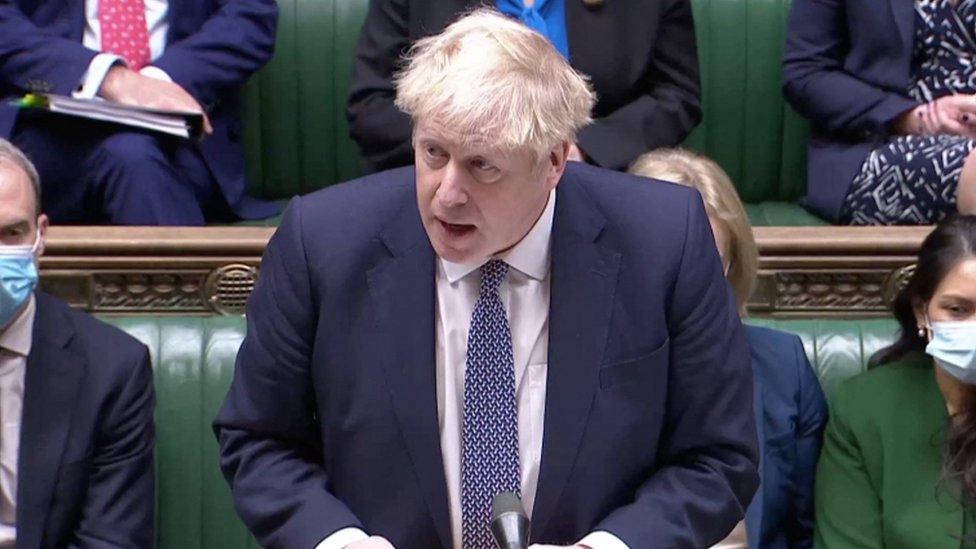
It might sound like all the MPs are great mates when they shout "my honourable friend" around the chamber.
However, it's more to do with tradition than friendliness.
MPs are not allowed to call each other by name in the House of Commons, so they often refer to each other by their constituency.
If someone is in their party, they'd call them "my honourable friend". If someone is in another party, they'd call them "the honourable member for".
They're not called honourable outside the Commons though - in the real world they are called by their name, followed by MP.
- Published26 January 2022
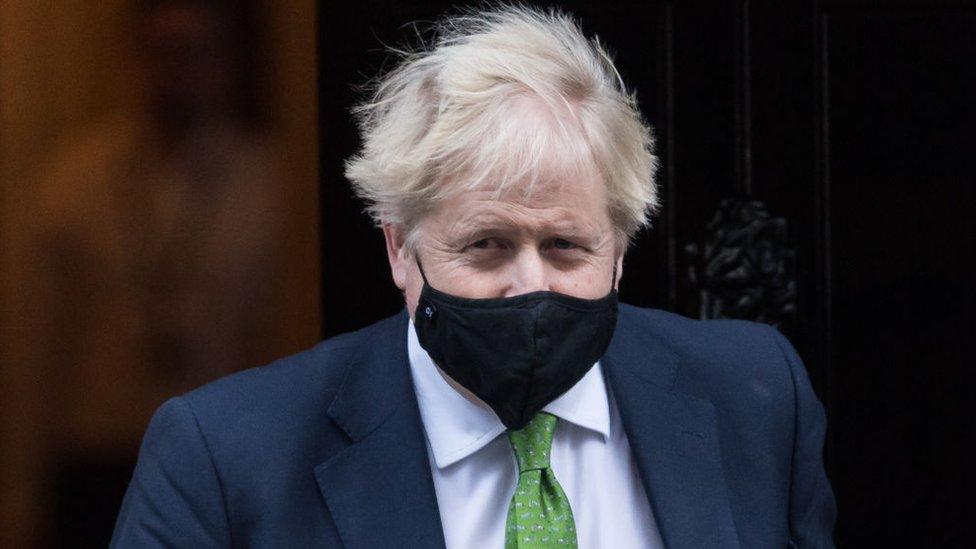
- Published1 February 2022
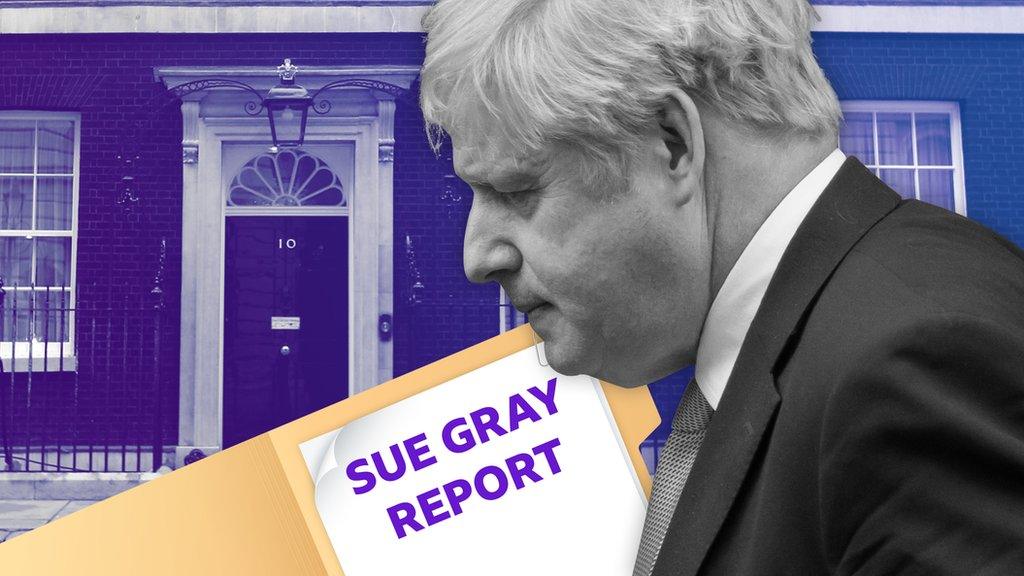
- Published27 January 2022

